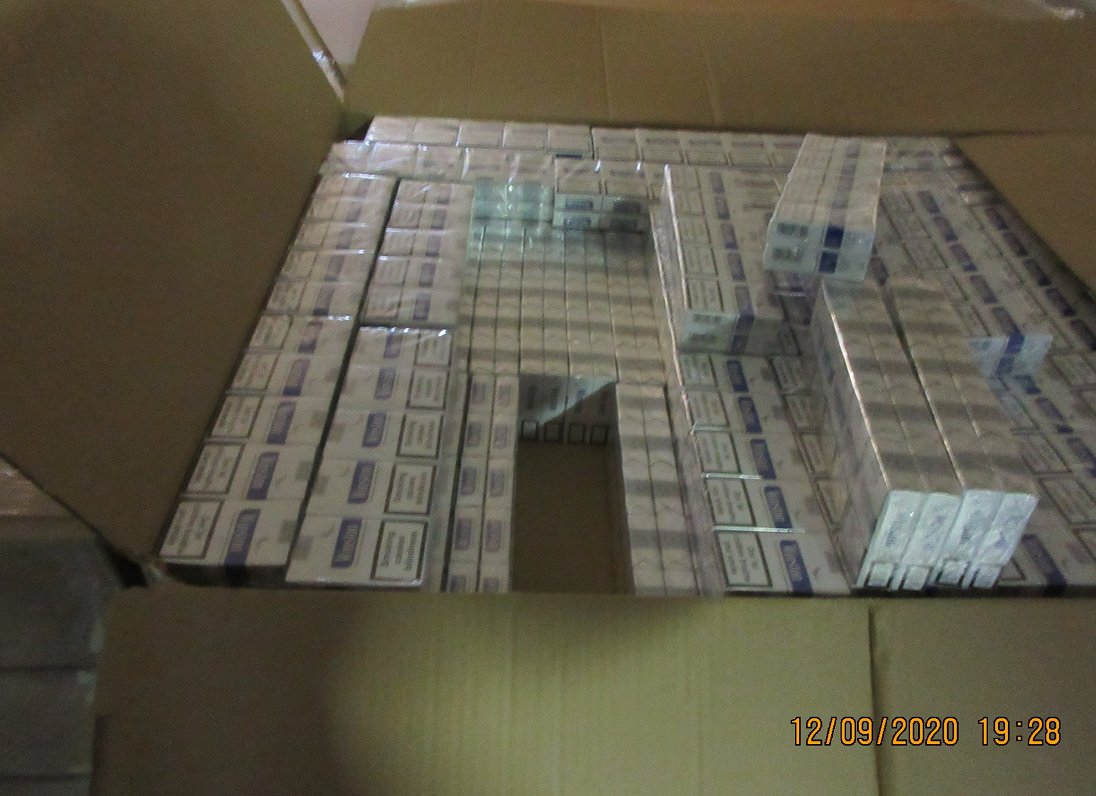The most popular smuggled goods remain tobacco, fuel and alcohol.
Every third smoker admitted he/she had bought contraband cigarettes. Two-thirds know where to buy these. Latgale region has the largest distribution of smuggled products due to the proximity of the Russian and Belarusian borders.
Deputy Director of the State Revenue Service Tax Office Baiba Šmite-Roķe said Latvia is most often used as a transit country for illegal cigarettes. The amount of smuggling cigarettes imported from Belarus and Russia cannot be consumed by the people of Latvia alone. She said that the Latvian services have a responsible and difficult job of protecting Europe as a whole from smuggling cigarette flows.
“Illegal cigarettes are detected literally every day. One day, it can be one block of cigarettes, the next day, it can be four, five, ten, twenty million cigarettes, but it happens every day,” the VID spokeswoman said.
In general, people are buying smuggling goods because of the price, but there are other points of view among the answers, such as an opinion that these goods are of better quality. One of the reasons is also the availability of goods. In Latvia, for example, marketing menthol cigarettes has been banned since May, while there is no such ban in other countries.
Another significant indicator is the tolerance towards the purchase of smuggling goods.
“If we look at tolerance, then about one third [of the public] does not tolerate, plus a third is rather intolerant. Well, we've got around every third resident that seems to be quite accepting,” said SKDS director Arnis Kaktiņš.
The proportion of respondents who believe that the purchase of smuggling goods is not reprehensible has increased slightly from 26% last year to 28% this year, with the number of people who regard smuggling as a reprehensible activity decreasing to 60%.
And it is a dangerous signal not only for the customs employees, but also shows a lack of confidence in the country as a whole.
“Higher taxes, mean less accessible goods, so people have a greater willingness to buy smuggled – illegal goods just because they are cheaper,” explained Kaktiņš.
Šmite-Roķe also said that it is necessary to balance the income of the population proportionally with the amount of excise duties, and then the public's attitudes on this issue will change.




























